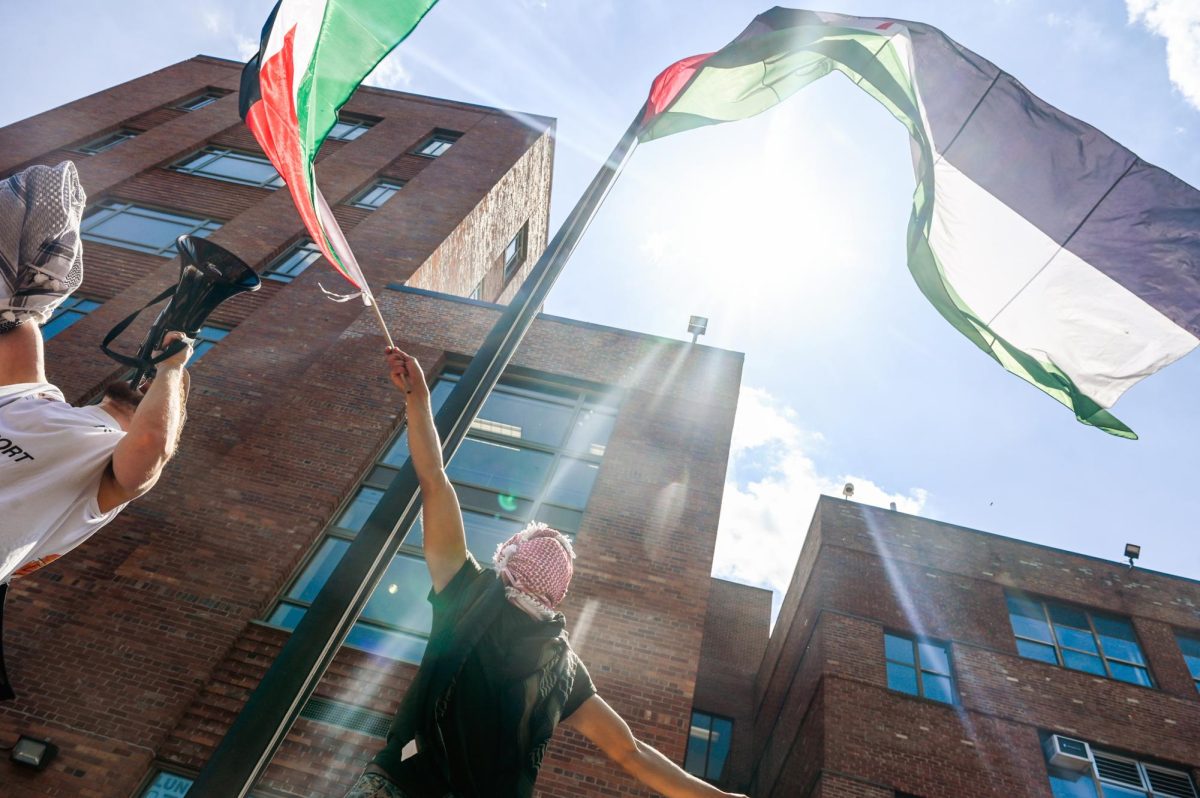Carry around a few condoms and behave suspiciously in the wrong part of D.C. and Metropolitan Police may have sufficient evidence to make an arrest for prostitution, under the guidelines for areas deemed to be “Prostitution Free Zones.”
The law grants MPD officers the right to arrest individuals in these areas if they demonstrate suspicious behavior and fail to disperse at the officer’s request. Possession of two or more condoms coupled with suspicious behavior provides police with enough evidence for an arrest, according to the law.
“The criminal offense associated with a PFZ involves the failure to disperse after an officer issues such an order to two or more persons congregating on public space within the PFZ for the purpose of engaging in prostitution or prostitution-related activities,” MPD spokesperson Gwendolyn Crump said.
Failure to abide by an officer’s request could result in up to six months in jail, in addition to a $300 fine, according to the MPD Web site.
Prostitution Free Zones are locations around D.C. that the chief of police can establish if the area has received a significant amount of calls or arrests for prostitution or prostitution-related services within a six-month period of time, according to the MPD Web site.
Although the PFZs are clearly identified with signs, tape, barriers, and police officers, they are only officially “free zones” for 10 days or 240 hours, according to the MPD Web site.
The law has spurred debate among safe-sex proponents like Women’s Rights at Change.org, a social entrepreneurship organization, and the Reproductive Health Reality Check, an online community and publication focusing on sexual health. Though no PFZs have been located on campus, students may have encountered these areas, as weekends for many GW students often result in walking through D.C. streets going to, from and between clubs and bars.
Some of the previous Prostitution Free Zones have been located around various popular nightlife locations, including near Chinatown at 5th and L streets NW, and near the nightclub Ibiza, at 2nd and L streets NE.
Some students, including freshman Michelle Hayon, feel that because having condoms is a preventative measure, it should not result in punishment. Hayon said she also fears this law could increase unprotected sex among students.
“If students have had a few drinks, they are much less likely to go out and buy a condom. Sometimes condoms break, so it’s always good to be safe, even if it means carrying a few extra,” Hayon said.
Not all behavior is deemed inappropriate within these PFZ locations. Acceptable group activity includes “distributing campaign literature, collecting names on petitions, soliciting community support, discussing political or religious topics, meetings for other lawful civil or personal associations,” according to the MPD Web site.
Junior Charles Klein said he thinks the law does not make much sense and leaves too much discretion to the individual police officers to decide what prostitution-like behavior is.
“This law is just reflective of ignorant conservatives who do not realize that the presence of condoms does not automatically mean that ‘sexual acts’ will occur,” Klein said.






